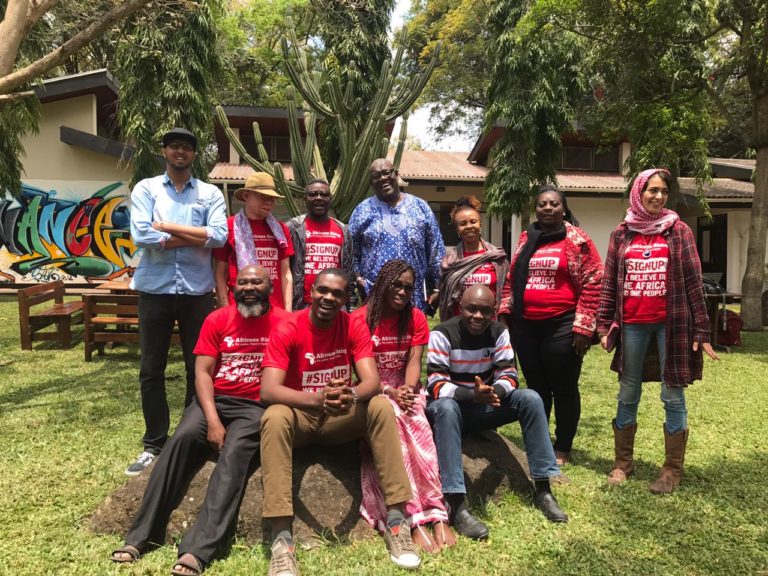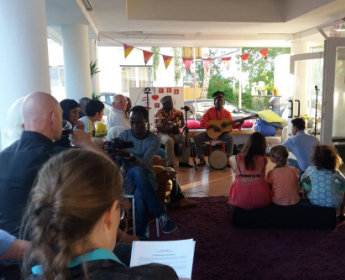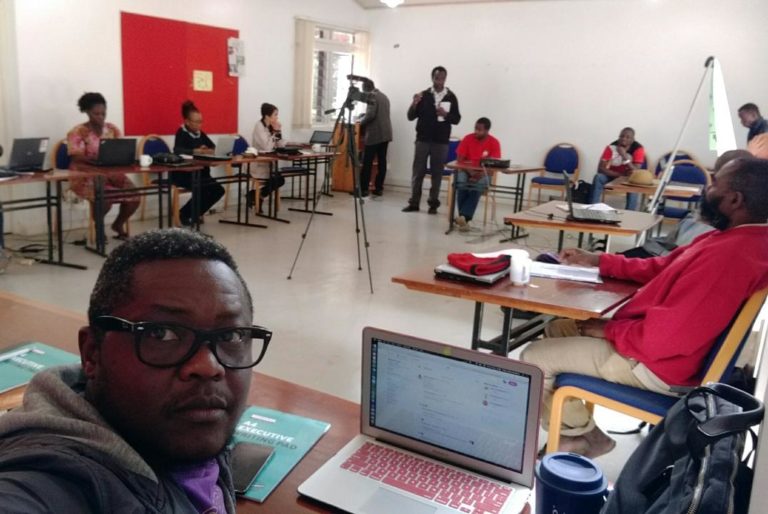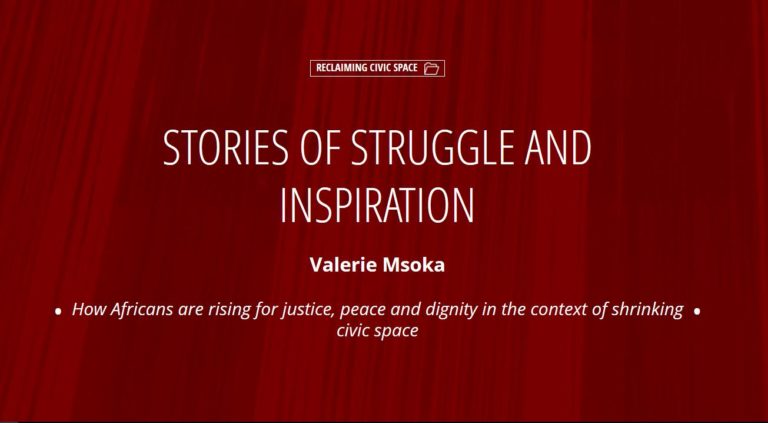From Kenya, Uganda, DR Congo, Benin, Liberia, Senegal, Burundi to Tanzania, there is a cry for justice, peace and dignity in a continent that is rich in diversity of its people and natural resources.
The cry is from activists from those countries who gathered in Arusha, Tanzania, in a pilot retreat programme for African Activists to allow them to reflect on their activities and the kind of strategies that they need to employ to deal with restrictions on civil society, which is evident across Africa.
Their conclusion is that the civic space is shrinking whether one is fighting corruption, gender-based violence, environmental issues, unequal distribution of resources, mineral exploitation, electoral malpractices or unfair trade with the West.
The Activists in Residence, as the programme is called, is an activity that was started last year when 272 representatives from civil society, trade unions, women, young people, men, people living with disabilities, parliamentarians, media organisations and faith-based groups from across Africa and the African diaspora gathered in Arusha.
The representatives committed to building a pan-African movement that recognises these rights and freedoms of our People.
The representatives, being citizens and descendants of Africa, were part of the Africans Rising Movement, a Pan-African movement of people and formations, working for peace, justice and dignity who are determined to foster an Africa-wide solidarity and unity of purpose of the Peoples of Africa to build the Future that Africans want – a right to peace, social inclusion and shared prosperity.
At the Arusha meeting, they spoke of their outrage at the centuries of oppression; condemned the plunder of Africa’s natural and mineral resources and the suppression of fundamental human rights.
It was a case of not only meeting and speak about the oppression and condemning, but they came out with a way forward—the way to change towards the Africa that most of her children would want to see, if not during the lifetime of some, but for their children, grandchildren and great-great grandchildren.
That end, and bearing in mind their location where at a certain point you can see the highest point in Africa, the conference participants on August 25, 2016, came out with The Kilimanjaro Declaration.
For Tanzania, this means that as a country we have to evaluate our relationship with all forms of foreign direct investments, workers’ wages, gender-based violence, youth empowerment, people in the rural areas and those with disabilities, in essence, looking at the social, political and economic spheres and advocate for transparency, accountability and democratic governance for the benefit of Tanzanians.
As part of The Kilimanjaro Declaration, the participants declared that Africa is a rich continent and that wealth belongs to its entire people, not to narrow political and economic elite.
That Africans need to fight for the economic development that is just and embraces social inclusion and environmental care. The Africans have a right to the “better life” our governments have promised.
That Africans have a diverse, rich and powerful heritage, it is important to heal ourselves and repair the damage done by neoliberalism to our humanity and environment.
Being African, embracing the philosophy of Ubuntu should be a source of our pride.
According to Jay Naidoo, founder of COSATU, labour organisation in South Africa, and former minister in President Mandela’s government said: “African Youth are a critical foundation of building the success in our continent and must play a central role in building Africans Rising. Additionally, Africa’s diaspora whether displaced through slavery and colonialism or part of modern day migration are part of Africa’s history and future. They are a reservoir of skills, resources and passion that must be harnessed and integrated into our movement.”
Bearing in mind the current situation in most African countries, the participants committed to a decentralised, citizen-owned future that will build support and solidarity for local struggles, empower local leadership and immerse our activists in grassroots work of building social movements from below and beyond borders.
Furthermore, the committed to building a citizens movement that is accountable to the constituencies we represent and enforcing the highest standards of ethical behaviour.
In recognition of the what most African countries face, the participants resolved that The Kilimanjaro Declaration, as part of the Africans Rising movement, would work to build a local, national, continental and global campaign that expands the space for civic and political action; fights for women’s rights and freedoms across society; Focus on struggles on the right to Equity and Dignity; demand good governance in parallel with the fight against corruption and impunity and lastly not least as a respect for Mother earth, demand climate and environmental justice
To achieve that, participants put out a call to their African brothers and sisters and activists to join the Africans Rising Movement and mobilise people around this shared vision; organise and connect local struggles under this umbrella as well as to galvanise solidarity with all African struggles.
The Africans Rising movement is committed to peace and non-violent action and asserts the inherent rights as Africans and invites our governments, leaders, other stakeholders and institutions to join in pursuing the Future We Want to leave our future generations.
As the Activists in Residence reflect on the activities in their countries and the strategies they have to use to work in the civic spaces they occupy, they have also committed themselves to The Kilimanjaro Declaration and that as part of celebrating one year since its launch, it is fitting to endorse the call to all Africans and all sectors in our societies to sensitise and mobilise around this Declaration so as to build the momentum towards the genuine liberation of our beautiful, rich and diverse continent, AFRICA.
Sign the Kilimanjaro Declaration!
by Valerie N. Msoka
The author is the former Tanzania Media Women Association Executive Director
This article first appeared in The Citizen





